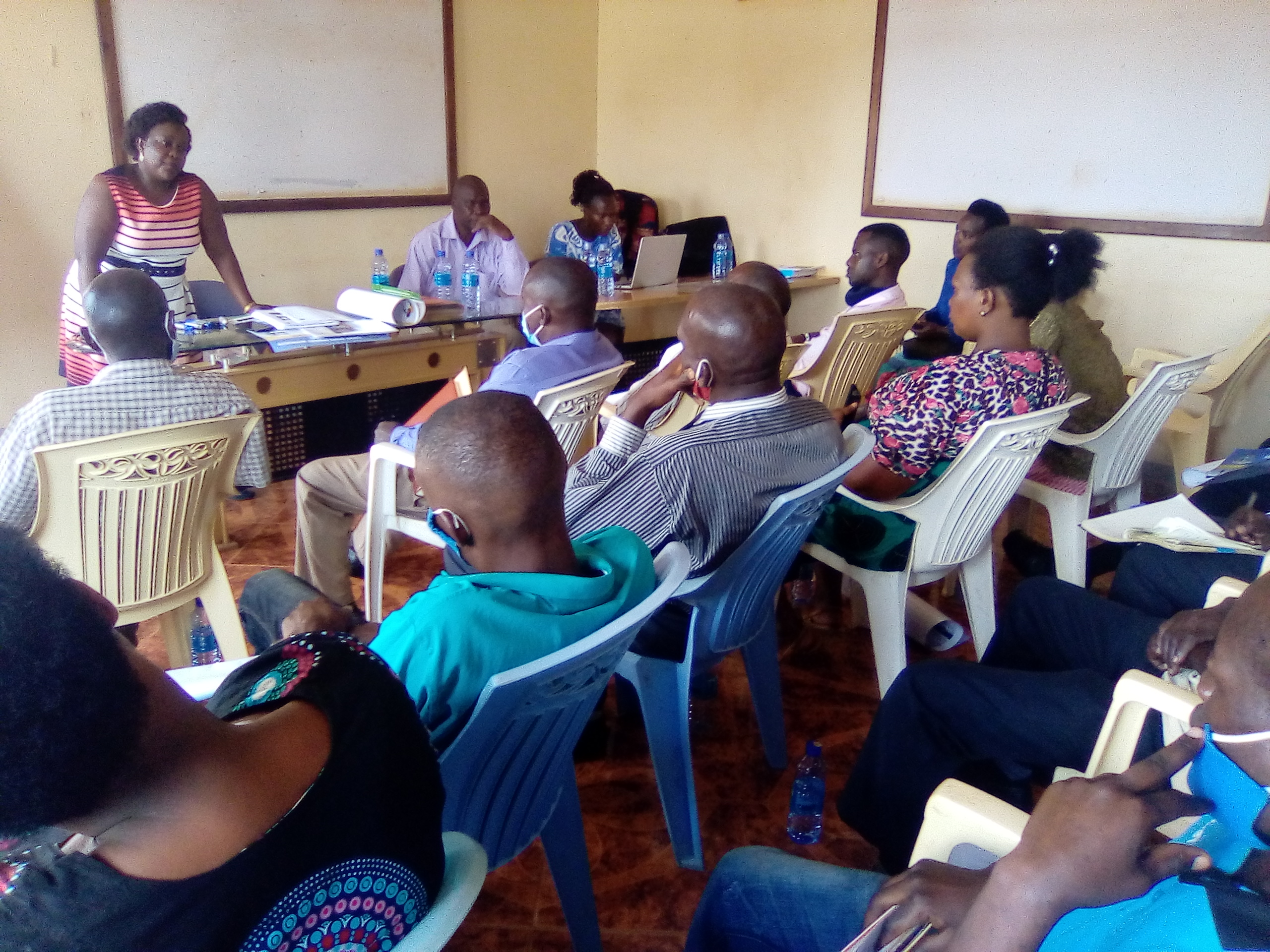Milk traders and vendors in Hoima oil city have been challenged to form Savings and Credit Co-operative Societies (SACCOs) if they want to have one voice and develop their businesses.
The call was sounded by Annette Kyomuhangi the Principal Dairy Inspector and head of the Midwest region for the Dairy Development Authority (DDA) during an engagement with Milk traders and vendors in Hoima town on Thursday.
The engagement was aimed at equipping the milk handlers with the skills required to ensure that Ugandan milk continues to meet the East African standards on raw cow milk, EAS67.
Kyomuhangi also pointed out the benefits the milk handlers could enjoy if they organized themselves into a SACCO, one of whose goals would be to assist members to add value to their product in order to tap into the wider market.
“Basically we want the people in the dairy sector in Hoima and other districts to position themselves to tap into opportunities that are coming with the oil and gas sector. They must learn to add value and transform raw milk into other products, but they can only achieve this if they are organized,” she said.
She was also optimistic that forming a SACCO would not only help the milk vendors meet their financial needs but provide guidance on how to run a successful run their business and spearhead dairy development activities in the area.
“Through a SACCO, the government would also be able to support them in different ways such as training, loans, and other financial support.”
Sub-standard milk
During the training, it was observed that the majority of the milk traders and vendors in the district routinely failed to meet the milk handling standards.
“Most milk vendors and traders in the area do not have the appropriate equipment to manage the milk, and they do not keep records of analysis, which means that the milk they sell to consumers is not tested,” Kyomuhangi said in an interview.
She explained that some crooked milk vendors have a habit of adulterating milk by either adding water to increase its quantity or adding certain additives to boost its thickness.
Elizabeth Ahimbisibwe, one of the DDA officials, challenged the milk handlers to acquire machines such as Pasteurizers and lactometers to help them to manage milk quality.
She, too, pointed to cooperation as one way by which members can pool together resources and get the relatively costly equipment.
“You need to acquire these machines if you are to keep milk standards; I know some of these machines are expensive but if you get organized through a SACCO or an association you will afford them,” she advised.
James Bigirwenkya, a milk trader in Hoima central business area welcomed the idea of forming a SACCO and expressed dismay over the widespread adulteration of milk in the area, a challenge he blamed on the absence of regulations on the ground.
“One of our challenges is disunity. A cup of milk should go for 800 shillings, but you will find someone selling it at 500 he or she has added water to the milk. This is because we lack a local body to monitor and regulate us,” Bigirwenkya said.
According to the Food and Agriculture Organisation, Ugandan milk production is largely dominated by small-scale farmers who own over 90 percent of the national cattle population.
Buy your copy of thecooperator magazine from one of our country- wide vending points or an e-copy on emag.thecooperator.news
